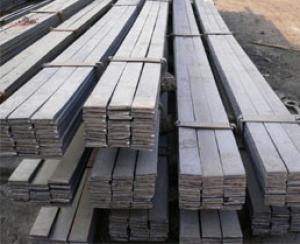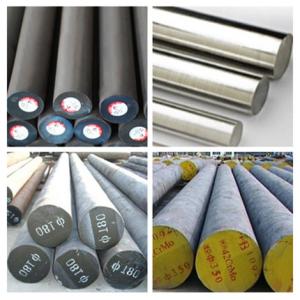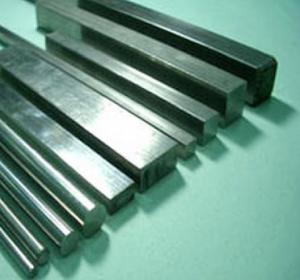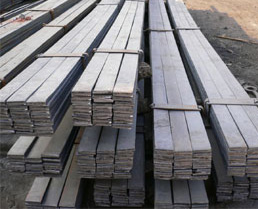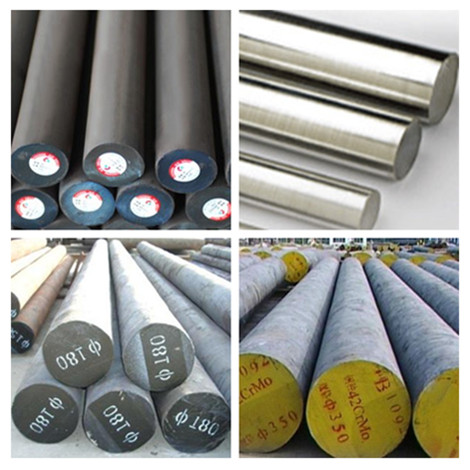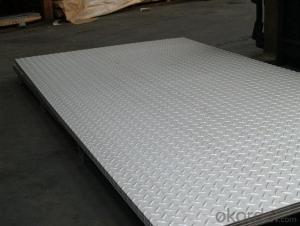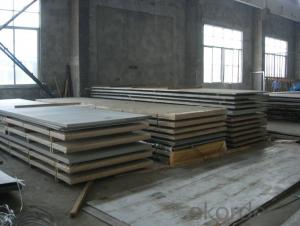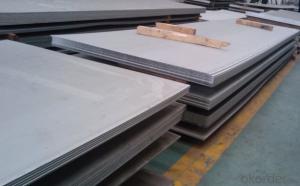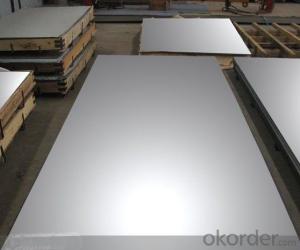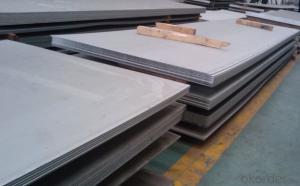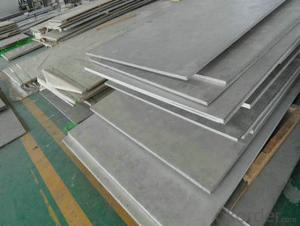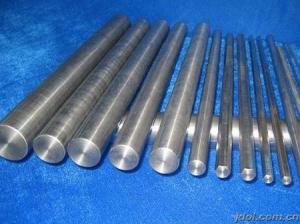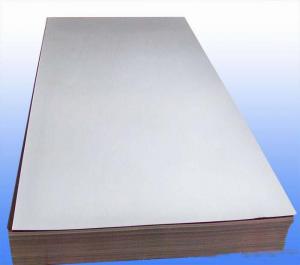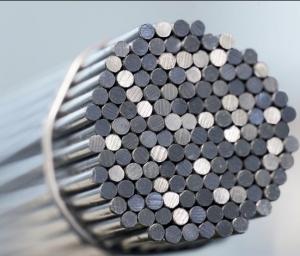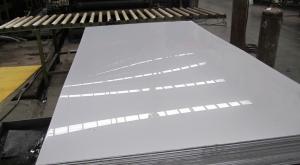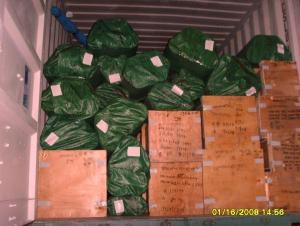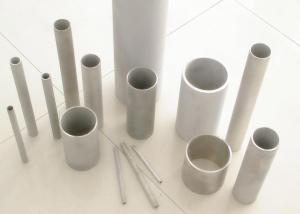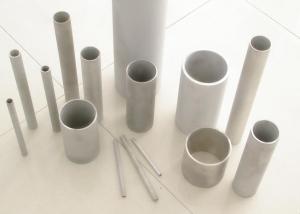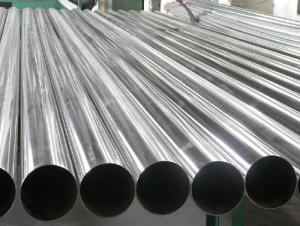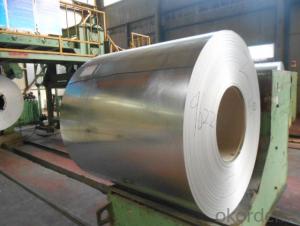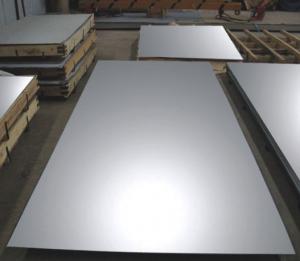High Quality Stainless Steel Profile with Better Price 316
- Loading Port:
- Shanghai
- Payment Terms:
- TT OR LC
- Min Order Qty:
- 50 m.t.
- Supply Capability:
- 5000 m.t./month
OKorder Service Pledge
OKorder Financial Service
You Might Also Like
Product Introduction of High Quality Stainless Steel Profile with Better Price 316:
Our Stainless Steel products including the stainless steel sheet/plate, stainless steel coil, stainless steel rod/bar, stainless steel angle, stainless steel strip, stainless steel flat, carbon steel products and alloy steel materials. It also can supply the processing of surface, like No.4, BA, HL, SB, 8K, and so on.
Loading Quantity of High Quality Stainless Steel Profile with Better Price 316: 25 Tons/20FCL.
Grade of High Quality Stainless Steel Profile with Better Price 316: 201, 306, 316 Etc.
Delivery Time of High Quality Stainless Steel Profile with Better Price 316: 20 days Per Container.
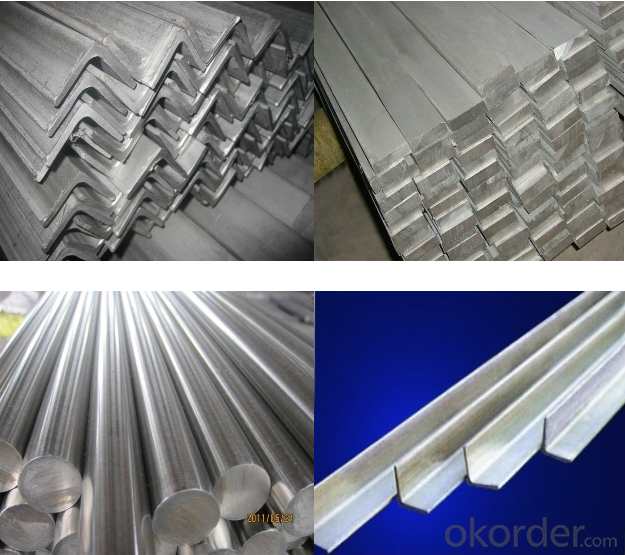
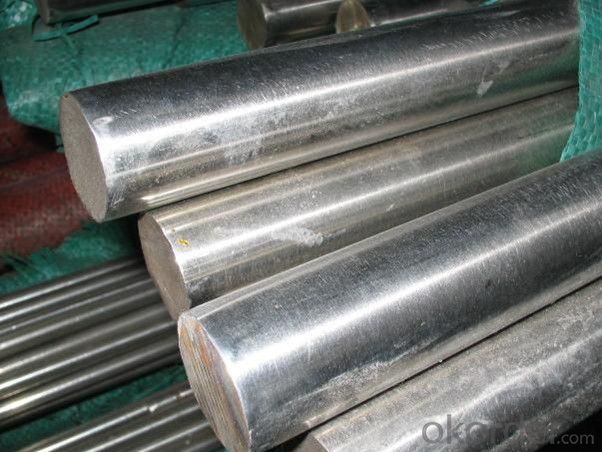
Application of High Quality Stainless Steel Profile with Better Price 316:
| Finish | Thickness | Characteristics | Applications |
| No. 1 | 3.0mm~50.0mm | Finished by hot-rolling, annealing and pickling, characterized by white pickled surface | Chemical industry equipment, Industrial tanks |
| No. 2B | 0.3mm~6.0mm | Finished by heat treatment, pickling after cold rolling, followed by skin pass line to be more brighter and smooth surface | General Application Medical Instruments,Tableware |
| No. BA (Bright Annealed) | 0.5mm~2.0mm | Bright heat treatment after cold rolling | Kitchen utensil, kitchen ware,architectural purpose |
| No. 4 | 0.4mm~3.0mm | Polishing with No. 150 to No.180 mesh abrasivesThe most popular finishes | Milk & Food processing acilities, Hospital Equipment, Bath-tub |
| HL(Hair Line) | 0.4mm~3.0mm | Finished by continuous linear polishing | Architectural purposes, escalators, kitchen ware vehicles |
Packaging & Delivery of High Quality Stainless Steel Profile with Better Price 316:
| Packaging Detail: | standard seaworthy export package or as customers required |
| Delivery Detail: | Normally according to the order quantity or upon negotiation. |
Specification of High Quality Stainless Steel Profile with Better Price 316:
1).Standard : GB,ASTM,AISI,JIS,SUS,EN
2).Material : 304,304L,304N,304LN,301,305,309S,310S,316,316L,316N,316LN,316Ti,
317,317L,321,347,201,202
3).Outside Diameter: From 4mm to 2500mm(1/8''inch-120''inch)
4).Wall Thickness : Sch5S-SchXXS(1mm-150mm)
5). Length : 3m,4m,5.8m,6m,12m or as required
6). Chemical composition:
7).Surface :Annealing ,polish,pickling,bright ,sand blast ,etc
8).Packing: 1.plastic cap with both ends 2.steel strip bundled package3.wooden case,wooden
pallet package4.container or bulk 5. as customers' requestment
9).Application:petroleum ,chemical industry,bolier ,heat exchange,high temperature
resistant transmission fluid pipe in power station,ship with pressure pipe,construction
and so on
FAQ
Q: CAN YOU PROVIDE MILL TEST CERTIFICATE?
A: YES! Mill Test Certificate for High Quality Stainless Steel Profile with Better Price 316 are available.
Q: CAN YOU MAKE DDQ (DEEP DRAWING QUALITY)?
A: YES. Our material has been widely used for producing Stainless Steel Pots and Stainless Steel Sinks, which have strict request for good deep drawing quality.
Q: HOW TO GET A SAMPLE?
A: FREE samples for High Quality Stainless Steel Profile with Better Price 316 are available for your checking and testing. And to get free samples, you need to send us you detailed receiving address (including post code) and your DHL/FedEx/UPS account for collecting samples, courier cost will be paid in your side.
- Q: Are stainless steel sheets suitable for chemical storage vessels?
- Indeed, stainless steel sheets prove to be a fitting option for chemical storage vessels. Renowned for its remarkable resistance to corrosion, stainless steel emerges as an optimal substance for the containment of diverse chemicals. It withstands the majority of acids, alkalis, and solvents, thereby guaranteeing the vessel's integrity and averting any potential chemical interactions or seepages. Furthermore, stainless steel boasts exceptional durability and an ability to endure elevated temperatures and pressures, rendering it an appropriate choice for an extensive array of chemical storage purposes.
- Q: Are stainless steel sheets suitable for cleanroom applications?
- Indeed, stainless steel sheets prove to be apt for cleanroom applications. The reason lies in the fact that stainless steel boasts exceptional resistance against corrosion, a trait that holds immense importance in cleanroom environments where the utmost cleanliness and hygiene are paramount. Furthermore, stainless steel exhibits remarkable durability and effortless cleanability, rendering it an ideal choice for maintaining cleanliness standards in cleanrooms. Moreover, stainless steel possesses a non-porous nature, thereby preventing the absorption of contaminants and facilitating easy sanitization. Its resistance to chemicals further adds to its suitability for cleanroom applications that involve the use of potent disinfectants or cleaning agents. All in all, stainless steel sheets provide a dependable and hygienic surface for cleanroom applications.
- Q: Can stainless steel sheets be used for kitchen utensils?
- Yes, stainless steel sheets can be used for kitchen utensils. Stainless steel is a common material used for kitchen utensils due to its durability, resistance to corrosion, and ease of cleaning. It is also non-reactive with food, making it a safe choice for food preparation and cooking.
- Q: What are the common sizes of stainless steel sheets?
- The sizes of stainless steel sheets can vary depending on the industry and application. However, there are standard sizes readily available in the market. For example, stainless steel sheets usually have thicknesses ranging from 0.4mm to 3.0mm. The most commonly found widths are 1000mm, 1219mm, and 1500mm, while the most frequently seen lengths are 2000mm, 2438mm, and 3000mm. These dimensions are commonly known as 4x8 (4 feet by 8 feet), as they are the standard size for stainless steel sheets used in construction and fabrication projects of various kinds. It is important to mention that stainless steel sheets can also be custom-cut to precise dimensions according to the requirements of a specific project. This allows for greater flexibility and ensures that the sheets fit perfectly for their intended application.
- Q: Can stainless steel sheets be used for heat recovery systems?
- Heat recovery systems can utilize stainless steel sheets. Stainless steel is known for its high thermal conductivity and corrosion resistance, making it an ideal material for heat transfer applications. In heat recovery systems, stainless steel sheets are commonly employed as heat exchanger plates or tubes because they efficiently transfer heat from one fluid to another. The corrosion resistance of stainless steel guarantees the durability and reliability of the heat recovery system, even in harsh environments and at elevated temperatures. Furthermore, stainless steel sheets can withstand thermal expansion and contraction, enabling their use in different heat recovery system designs. Overall, stainless steel sheets are a favored option in heat recovery systems due to their exceptional heat transfer properties, long-lasting nature, and resistance to corrosion.
- Q: Are stainless steel sheets suitable for water treatment facilities?
- Yes, stainless steel sheets are highly suitable for water treatment facilities. Stainless steel is corrosion-resistant, durable, and can withstand harsh conditions often found in water treatment processes. Additionally, stainless steel sheets are hygienic, easy to clean, and do not react with water or chemicals, making them an ideal choice for such facilities.
- Q: How do I determine the hardness of stainless steel sheets?
- To determine the hardness of stainless steel sheets, there are a few methods you can use. One common method is the Rockwell hardness test, which measures the depth of penetration of an indenter into the material. The Rockwell scale has different scales depending on the material, so you will need to use the appropriate scale for stainless steel. To perform the Rockwell hardness test, you will need a Rockwell hardness tester and a diamond or tungsten carbide indenter. Start by placing the stainless steel sheet on a flat, stable surface. Then, position the indenter on the surface of the sheet and apply a minor load. Once the minor load is applied, proceed to apply the major load until it reaches its maximum value. Once the load has been applied and released, the hardness value will be displayed on the Rockwell hardness tester's dial or digital display. This value corresponds to a specific hardness scale, such as HRC for stainless steel. It is important to note that the Rockwell hardness test provides a relative measurement of hardness and does not necessarily reflect the material's physical properties. Additionally, the hardness of stainless steel can vary depending on factors such as the alloy composition, heat treatment, and manufacturing process. Therefore, it is recommended to consult the material's specifications or conduct additional tests to obtain more accurate and comprehensive information about the stainless steel sheet's hardness.
- Q: What is the impact strength of stainless steel sheets?
- The impact strength of stainless steel sheets may vary based on several factors, including the grade and thickness of the stainless steel and the specific conditions under which the impact occurs. Stainless steel possesses inherent properties that contribute to its good level of impact strength, such as high tensile strength and ductility. Stainless steel is renowned for its ability to endure impacts and resist deformation, making it a favored material in industries where durability is crucial. It demonstrates exceptional resistance to impact loading, enabling it to withstand sudden impact forces without fracturing or breaking. Consequently, stainless steel sheets are well-suited for applications that demand high impact resistance, such as structural components, automotive parts, and machinery. Nevertheless, it is important to note that impact strengths may differ among various grades of stainless steel. Austenitic stainless steels (e.g., 304 and 316), for instance, exhibit excellent impact resistance due to their elevated nickel and chromium content. Conversely, ferritic and martensitic stainless steels may possess slightly lower impact strengths. Moreover, the thickness of the stainless steel sheet also influences its impact strength. Thicker sheets generally offer greater impact resistance compared to thinner ones, as they can absorb more energy before yielding or fracturing. It is worth mentioning that the impact strength of stainless steel can be further improved through additional methods, such as heat treatment and alloying. These processes enhance the material's toughness and resistance to impact loading. In conclusion, stainless steel sheets possess favorable impact strength that suits many applications. However, it is advisable to consult specific grade and thickness specifications, as well as any relevant industry standards or regulations, to determine the precise impact strength requirements for a particular application.
- Q: Can stainless steel sheets be used for water filtration?
- Water filtration can indeed utilize stainless steel sheets. Stainless steel is renowned for its resistance to corrosion, durability, and ability to withstand high temperatures, making it an ideal material for water filtration purposes. Stainless steel sheets can be molded into various filter elements, including screens, mesh, or cartridges, which effectively eliminate impurities and contaminants from water. The small mesh size of stainless steel sheets allows for efficient filtration while maintaining a high flow rate. Moreover, stainless steel is non-reactive and does not release any harmful substances into the filtered water, ensuring its safety for consumption. In conclusion, stainless steel sheets are a dependable option for water filtration due to their exceptional mechanical properties and resistance to corrosion.
- Q: How do stainless steel sheets compare to other materials, such as aluminum or carbon steel?
- Stainless steel sheets possess several advantages when compared to materials like aluminum or carbon steel. Their corrosion resistance stands as one of the main benefits. By containing chromium, stainless steel forms a passive film on its surface, guarding it against rust and other forms of corrosion. As a result, stainless steel sheets prove ideal for outdoor and marine applications, where exposure to moisture and corrosive elements is common. In terms of strength, stainless steel sheets generally surpass aluminum but fall short of carbon steel. Nevertheless, through heat treatment, stainless steel sheets can be hardened, increasing their strength and durability. This characteristic renders them suitable for applications that demand high strength and resistance to wear and tear. Stainless steel sheets also exhibit remarkable heat resistance. They can withstand high temperatures without compromising their structural integrity, making them appropriate for use in industries such as food processing, chemicals, and petrochemicals. Another advantage of stainless steel sheets lies in their aesthetic appeal. With their sleek and modern appearance, they complement various design styles. Architects and interior designers frequently include stainless steel sheets in their projects, particularly when visual appeal holds significance. However, despite the numerous advantages, it is important to consider certain factors when working with stainless steel sheets. Stainless steel can be more expensive than aluminum or carbon steel, particularly for high-grade alloys. Additionally, its higher strength and hardness may pose challenges during shaping and machining. Specialized tools and techniques may be necessary when working with stainless steel sheets. In conclusion, stainless steel sheets offer a unique combination of corrosion resistance, strength, heat resistance, and aesthetic appeal. Depending on the specific requirements of a project, stainless steel may be the preferred choice over materials like aluminum or carbon steel.
Send your message to us
High Quality Stainless Steel Profile with Better Price 316
- Loading Port:
- Shanghai
- Payment Terms:
- TT OR LC
- Min Order Qty:
- 50 m.t.
- Supply Capability:
- 5000 m.t./month
OKorder Service Pledge
OKorder Financial Service
Similar products
Hot products
Hot Searches
Related keywords
